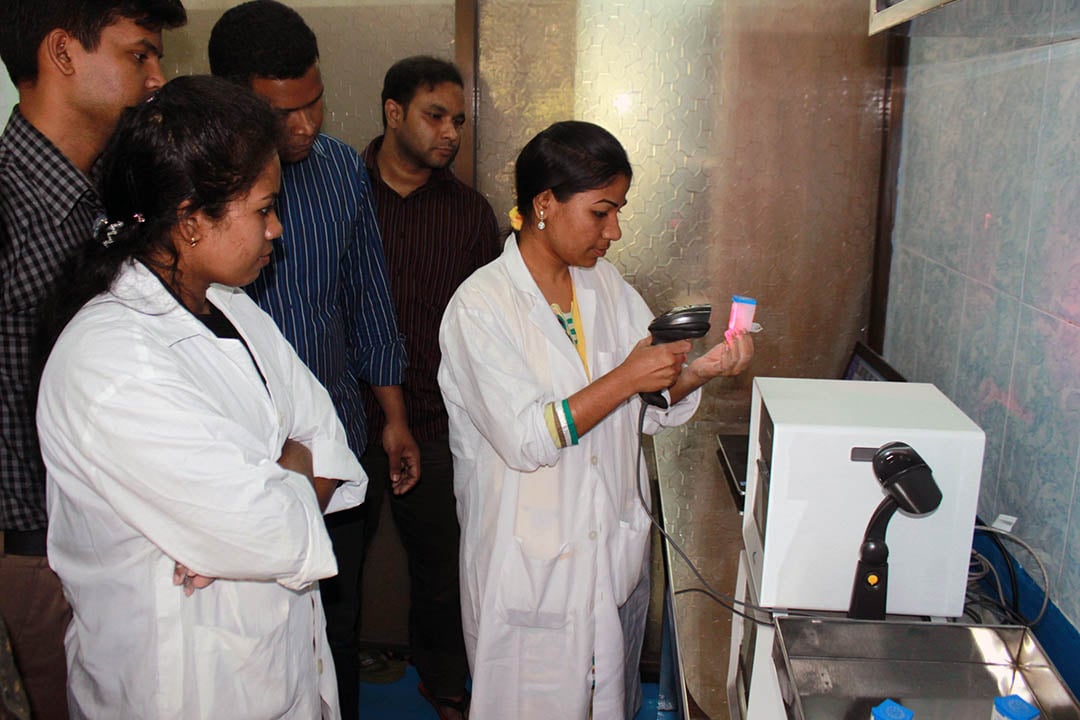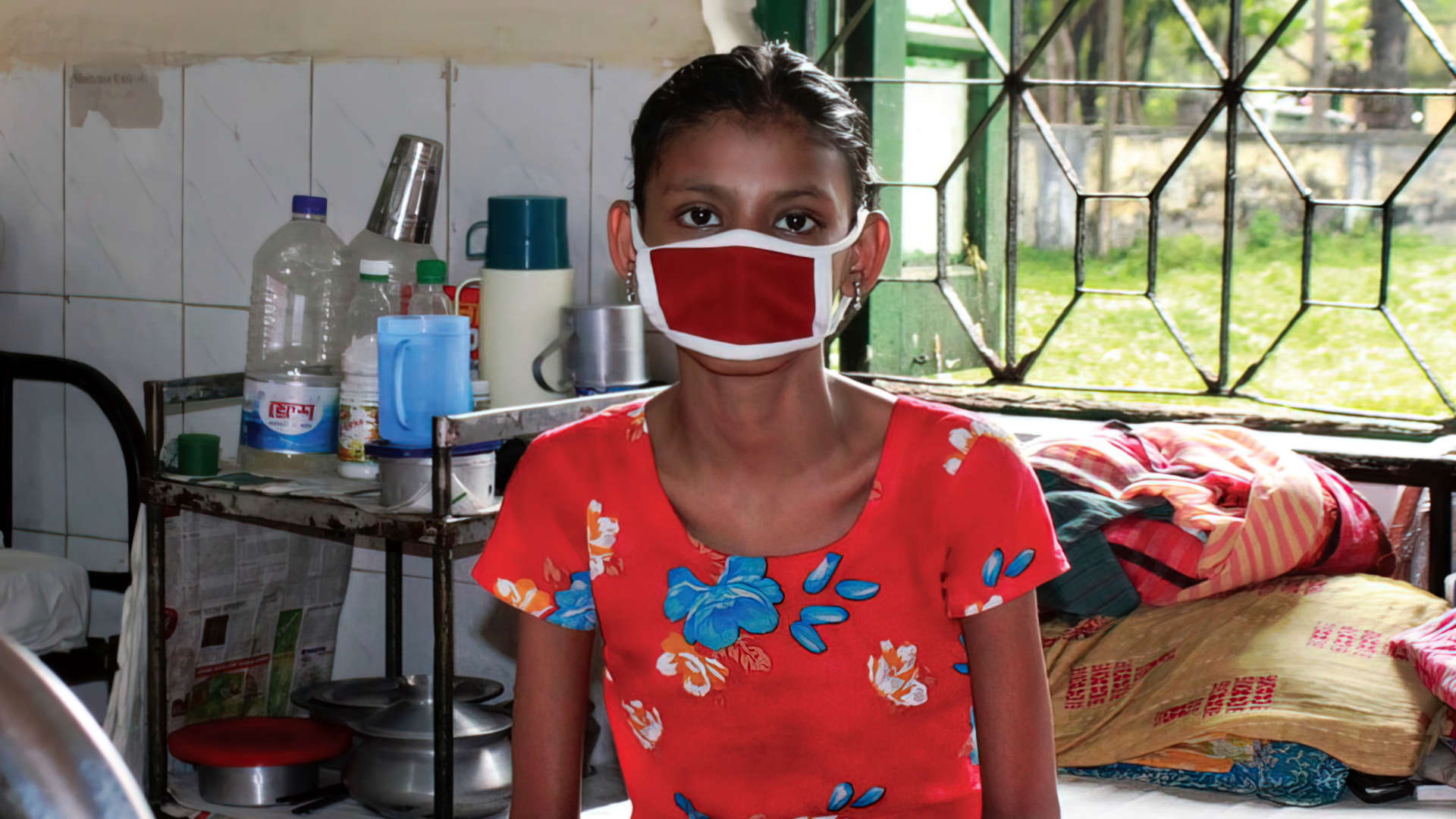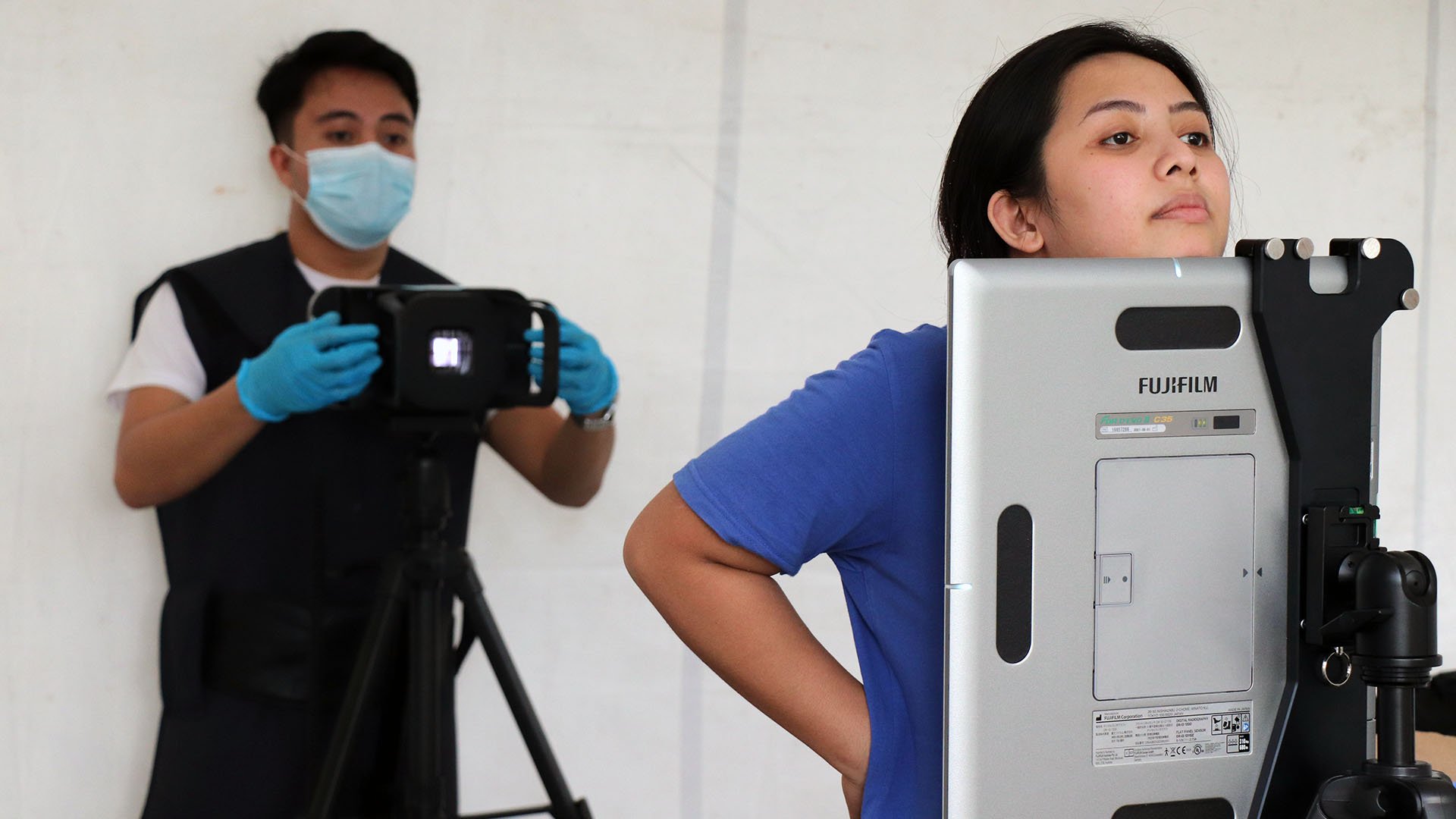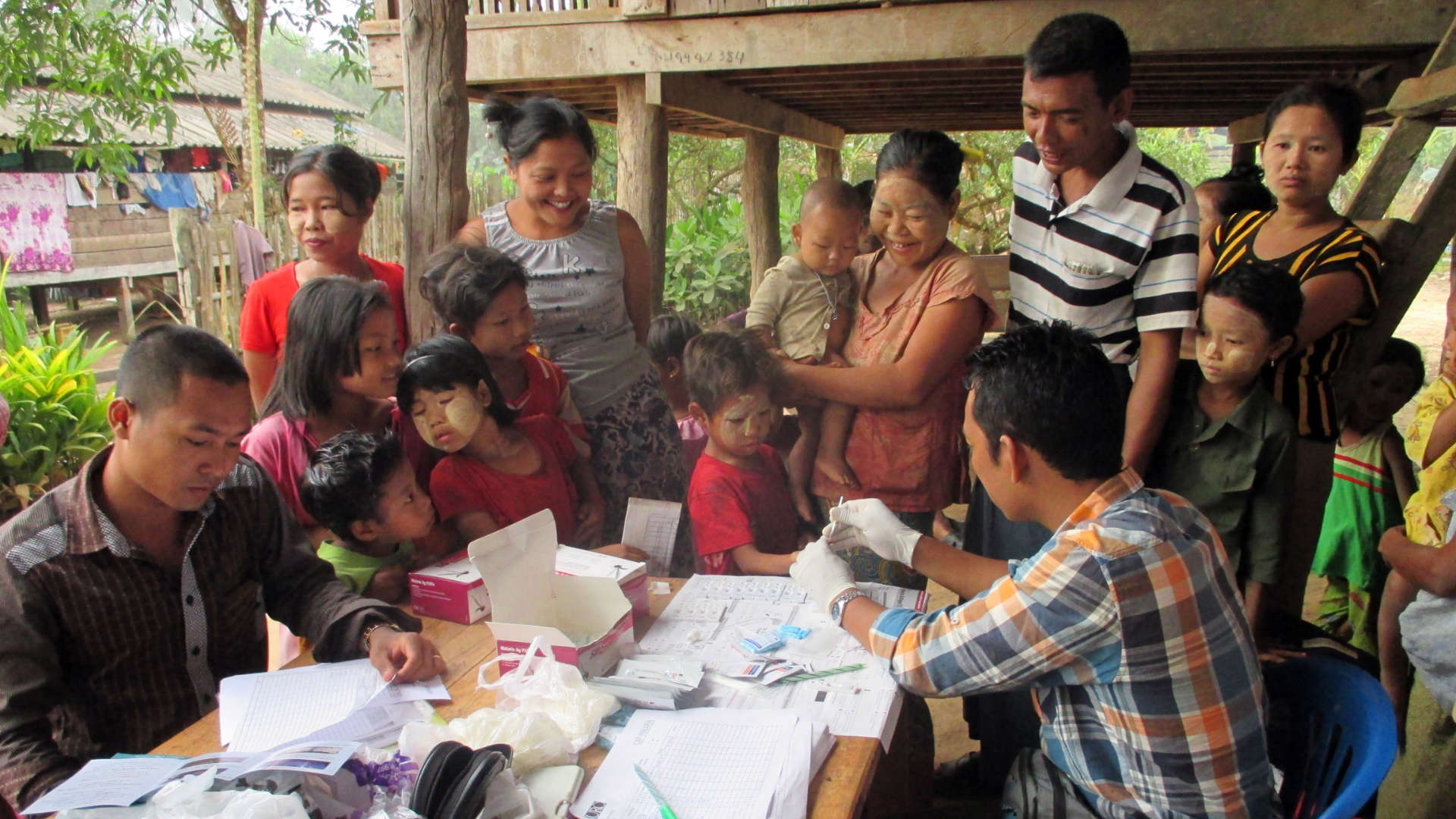Recently, as part of a learning tour, URC brought together public, private, and non-governmental health leaders to share experiences and successes in community development in Bangladesh.
The “Integrated Community Development for Better Health” learning event held on January 17 in Dhaka highlighted promising interventions and practices in health service delivery at the community level.
Coordinating this event is just the latest URC effort to engage communities in Bangladesh: URC has been working to improve health outcomes in Bangladesh since 1980.
URC Improved Quality of Health Care
URC has implemented an extensive portfolio of regional and global USAID projects in Bangladesh, including the USAID Asia Family Planning Operations Research Project, the USAID Quality Assurance (QAP) Project, USAID Applying Science to Strengthen and Improve Systems (ASSIST) Project, the USAID Translating Research into Action (TRAction) Project, and the USAID TB CARE II Project.
Through these projects, URC introduced sustainable quality improvement (QI) approaches with lasting impact on health outcomes.
As an example, under the USAID ASSIST Project, URC collaborated with the All India Institute of Medical Sciences (AIIMS) to strengthen its capacity to teach QI throughout the region. In Bangladesh, this initiative advanced the use of QI methods to improve care for mothers and babies at the Shaheed Suhrawardy Medical College in Dhaka and five facilities in Kurigram District.
The Shaheed Suhrawardy Medical College improved partograph use in 2,000 deliveries from 30% to 80% within eight weeks.
The training in, and use of, QI methods was subsequently scaled up by the public hospital system, which continued to build the capacity of other health providers in Bangladesh to make similar quality improvements to their maternal and newborn health services.
Delivering Innovative Care to All
URC has also been instrumental in strengthening primary care in Bangladesh. Through the Technical Support for National and Subnational Capacity Building to Improve Leadership and Management of District Quality Improvement Programs for Maternal and Newborn Care in Bangladesh project, URC supported the scaled up use of QI methods from five learning facilities in one district in 2016 to 90 facilities in 15 districts by 2020. The average wait time for antenatal services was reduced from 3 hours 47 minutes to 1 hour 13 minutes after these initiatives were put in place.
The percentage of health facilities measuring newborn temperatures within one to two hours of birth increased by 68% to 100%.
URC’s work also strengthened community-based TB interventions, including the directly observed treatment short course (DOTS). We advanced the use of digital health technologies by introducing the ConnecTB smartphone app to support outpatient care for multidrug-resistant TB by health workers. The app made a lasting impact on the country’s MDR-TB treatment capacity, allowing patients to initiate treatment and return to their communities more quickly.
During the five year implementation period, TB CARE II trained more than 13,000 healthcare workers in Bangladesh.
The impact of our work in Bangladesh endures – through locally sustained improvements in health service delivery – in households, communities, clinics, and beyond. Our impact is sustained through the footprints of local health workers.



